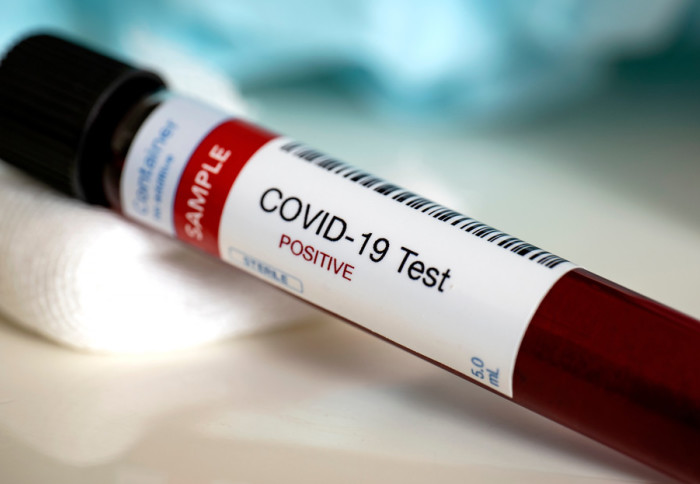COVID-19 numbers and plant growth insights: News from the College

Here’s a batch of fresh news and announcements from across Imperial.
From underestimated reports of people infected with COVID-19, to fresh insights into the receptors involved in plant growth, here is some quick-read news from across the College.
Underestimating coronavirus numbers?
 The number of people who have been infected with the novel coronavirus may be far greater than current estimates suggest.
The number of people who have been infected with the novel coronavirus may be far greater than current estimates suggest.
Writing in the BMJ this week, researchers say the current surveys rely on tests which look for antibodies against SARS-CoV-2 in the blood (called IgG). But these tests were developed with hospitalised COVID-19 patients and may show negative for those who experienced milder infections and produced fewer antibodies.
They add that the current surveys may also overlook more specialised antibodies produced by the airways (IgA) – which indicate a more localised immune response against the virus, and which may not be present in the blood.
Dipender Gill, from Imperial’s School of Public Health and one of the authors, said that current surveys may “dramatically under-estimate the proportion people that have been infected”.
Read the full editorial is published in the BMJ: Are we underestimating seroprevalence of SARS-CoV-2?
Alzheimer’s and sleep
 Does being an early riser put you at higher risk of dementia? The jury may still be out.
Does being an early riser put you at higher risk of dementia? The jury may still be out.
Growing evidence suggests complex links between sleep disturbances and neurodegenerative conditions, but in a study published recently, Imperial researchers used genetic data dig into the links.
"We know that people with Alzheimer's disease often report depression and various sleep problems, like insomnia," said Dr Abbas Dehghan from the School of Public Health: "We wanted to find out if there are causal relationships."
In an analysis of health data from thousands of people, including more than 20,000 people with Alzheimer’s, there was a small association. People with a higher genetic risk for Alzheimer’s were marginally more likely to call themselves a ‘morning person’, compared to those at lower genetic risk, slept less and had more sleep disturbances.
However, the researchers conclude there was no evidence that disturbed sleep patterns cause Alzheimer’s.
Read the full paper, published in Neurology: Sleep, major depressive disorder and Alzheimer's disease
Plant growth insights
 Cytokinins are substances that play many roles in plants. Within plant cells, cytokinins bind to cytokinin receptors that initiate reactions that lead to, for example, enhanced shoot growth. A new paper by researchers from Imperial and the Umeå Plant Science Centre in Sweden shows that cytokinin receptors can also be active on the outer surface of cells.
Cytokinins are substances that play many roles in plants. Within plant cells, cytokinins bind to cytokinin receptors that initiate reactions that lead to, for example, enhanced shoot growth. A new paper by researchers from Imperial and the Umeå Plant Science Centre in Sweden shows that cytokinin receptors can also be active on the outer surface of cells.
They found similar levels of cytokinin receptors both inside and on the outside of root cells. They also collaborated with a Czech team who bound cytokinins to particles that prevented them from entering the plant cells, proving that they can be just as effective by attaching only to the receptors on the outside of cells.
Read the full paper in Nature Communications: ‘Cell-surface receptors enable perception of extracellular cytokinins’
–
Want to be kept up to date on news at Imperial?
Sign up for our free quick-read daily e-newsletter, Imperial Today.

Article text (excluding photos or graphics) © Imperial College London.
Photos and graphics subject to third party copyright used with permission or © Imperial College London.
Reporter
Andrew Youngson
Communications Division
Ryan O'Hare
Communications Division
Hayley Dunning
Communications Division